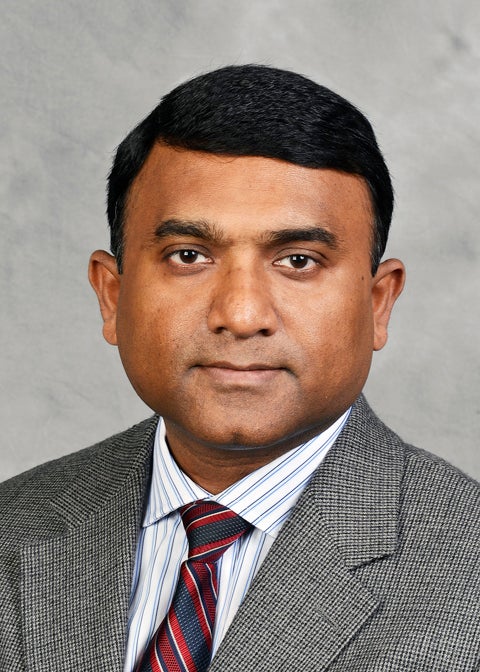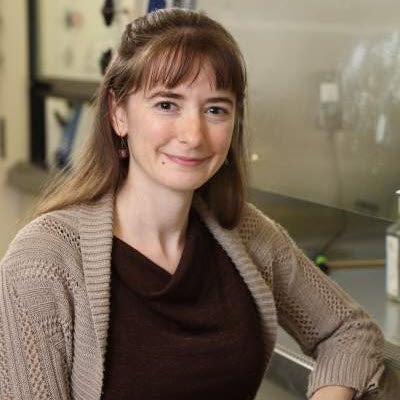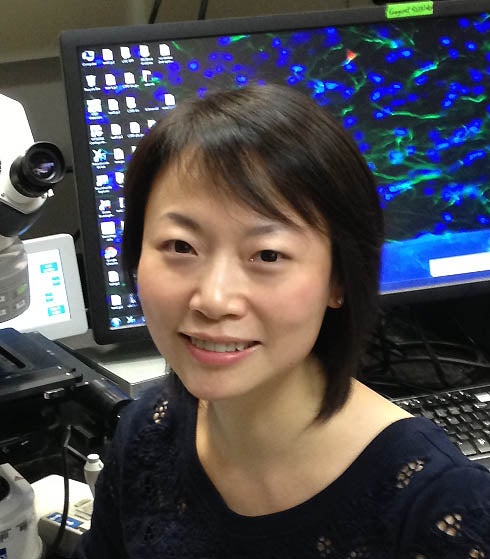6/17/2025
My laboratory's research focus involves the application of modern genomics and bioinformatics approaches to unravel complex and rare cardiovascular diseases. By integrating large-scale human genetic association and whole genome sequencing…
6/17/2025
My laboratory focuses on understanding the molecular and epigenetic mechanisms involved in the regulation of normal hematopoiesis and hematologic malignancies. The ultimate goal of our research is to identify new…
6/17/2025
The primary goal of our lab is to understand the neural code underlying the generation of different motivated behaviors (e.g. feeding, drinking, and social interaction), with a focus on how…
6/17/2025
The Patel lab focuses on understanding the cellular mechanisms by which seizures are initiated in SCN8A epileptic encephalopathy (DEE13). SCN8A EE is a severe genetic epilepsy syndrome caused by de…
6/17/2025
Current work in the lab is focused on developing gene therapies for pharmacoresistant epilepsies and insulin replacement. In these projects we are leveraging our experience in molecular cloning to develop…
6/17/2025
Our lab develops methods based on microfluidic culture systems, bioanalytical techniques, and spatially resolved simulations to quantify the spatiotemporal dynamics of the inflammatory cascade and develop targeted therapies. This work…
6/17/2025
Cell signaling networks coordinate a wide variety of cellular physiology and gene regulatory programs. Perturbations in these signaling networks contribute to the pathogenesis of many diseases, including cardiovascular disease, cancer…
6/17/2025
Understanding how gene expression is regulated in response to signals from both inside and outside the body plays a critical role in allowing us to adapt to changes in the…
6/17/2025
6/17/2025
In eukaryotes, approximately 30% of all newly synthesized proteins pass through the endoplasmic reticulum (ER), where they undergo folding and maturation. A significant fraction of nascent proteins may fail to…










